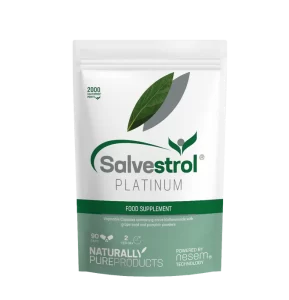

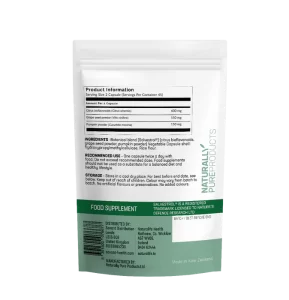
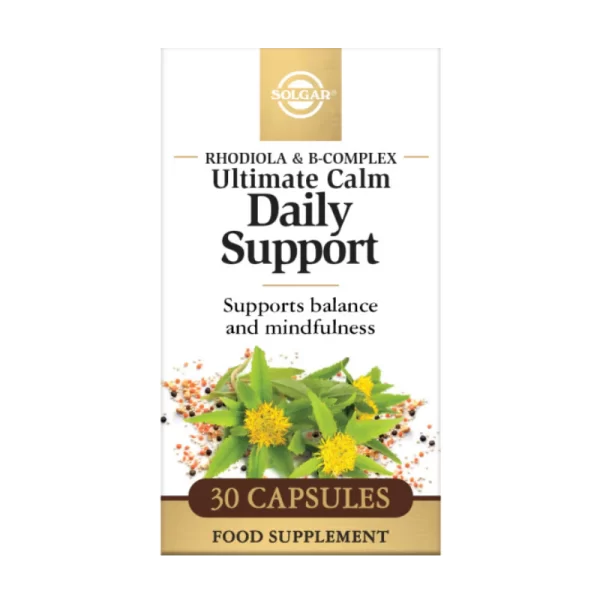
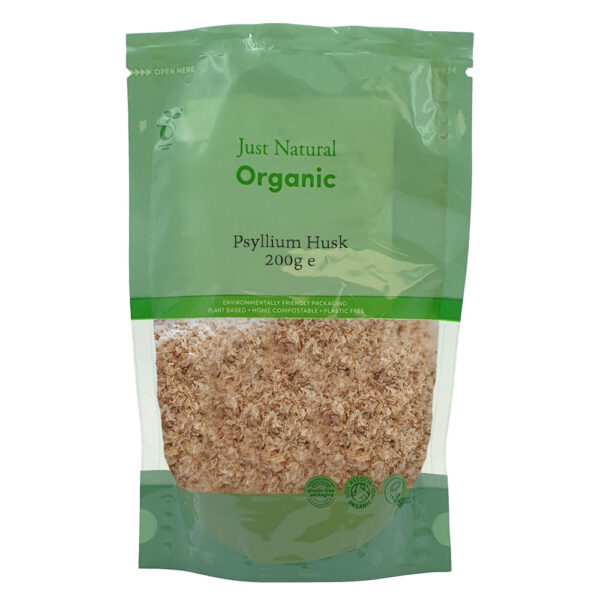
Salvestrol Platinum 2000
£46.05 – £59.45
Salvestrol Platinum
Salvestrol Platinum is a naturally occurring phytonutrients (plant-derived compounds) found in certain dark-coloured fruits and vegetables. The term is derived from the Latin word salus, meaning “salvage” or “save,” reflecting their protective role in human health. They are considered essential micronutrients because they support critical cellular functions and may help protect against diseases.
Salvestrols are most abundant in organic and minimally processed produce, particularly in fruits and vegetables with rich hues, such as:
- Blueberries
- Blackberries
- Grapes
- Organic oranges
- Plums
How Do Salvestrols Work?
- Self-Correction Tool for Cells:
- Cancer-Preventive Potential:
- Research suggests that Salvestrols may target and assist in the destruction of cancerous or precancerous cells while leaving healthy cells untouched. This selective mechanism makes them a focus in cancer prevention studies.
- Deficiency in Modern Diets:
- Salvestrol levels in the human diet have diminished due to modern agricultural practices, food processing, and the reduction of certain plant varieties in commercial farming.
Health Benefits of Salvestrols
- Cellular Health:
- Act as a “self-correction” mechanism, promoting proper cellular function and reducing the risk of mutations or abnormalities.
- Antioxidant Properties:
- Help neutralize free radicals, reducing oxidative stress and protecting cells from damage.
- Cancer Prevention:
- Preliminary studies suggest Salvestrols may have a role in slowing the growth of certain cancers by promoting the destruction of abnormal cells.
- Supports Immune System:
- Enhances the body’s ability to respond to and repair damage, aiding overall immune resilience.
- Detoxification:
- May help support the body’s natural detoxification processes by assisting in the breakdown of toxins.
Sources of Salvestrols
To maximize Salvestrol intake, focus on consuming organic, unprocessed produce. Top sources include:
- Dark-hued fruits: Blueberries, blackberries, grapes, plums
- Citrus fruits: Organic oranges, lemons, limes
- Vegetables: Broccoli, kale, artichokes, red peppers
- Herbs: Rosemary, thyme
Modern Challenges
- Reduced Levels in Processed Foods:
- Food processing and modern agricultural methods reduce Salvestrol content in fruits and vegetables.
- Pesticide Use:
- Non-organic farming may lower the natural production of Salvestrols in plants.
Conclusion
Salvestrols are potent phytonutrients with significant potential to support cellular health, immune function, and possibly reduce the risk of chronic diseases, including cancer. To reap their benefits, focus on a diet rich in organic, minimally processed fruits and vegetables, particularly those with dark or vibrant colors. Incorporating Salvestrol-rich foods into your diet can help restore this vital safeguard for better overall health. 🌟



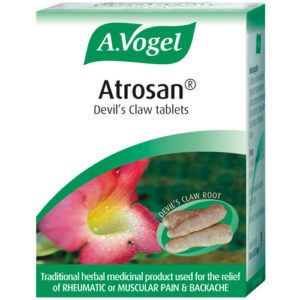
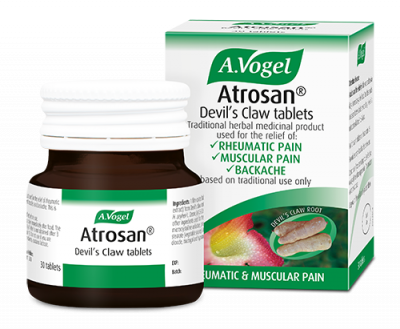
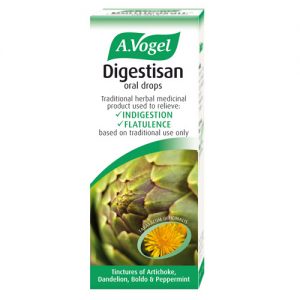
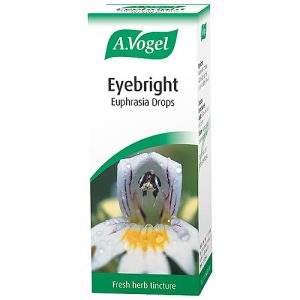
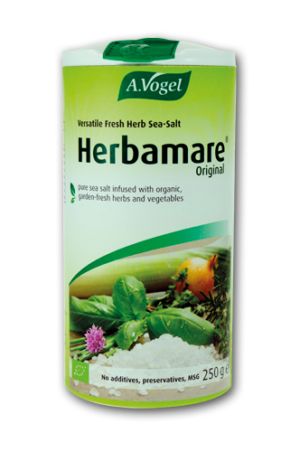
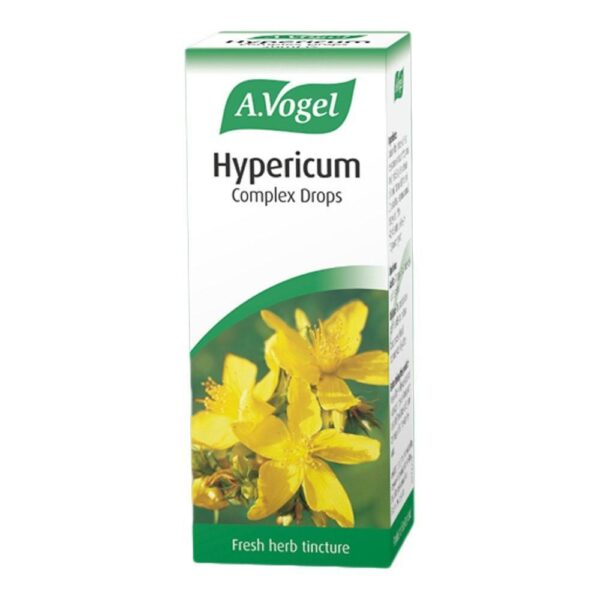
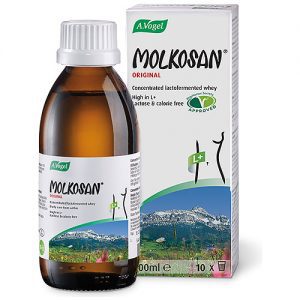
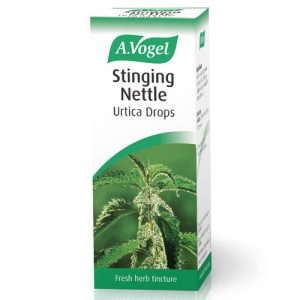
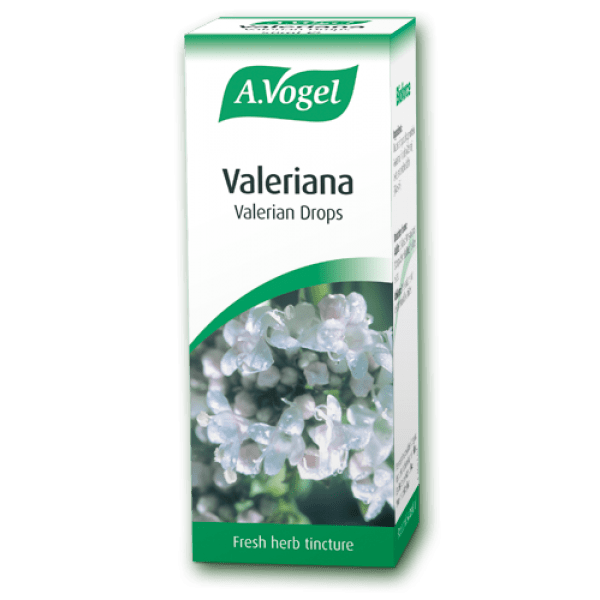




Reviews
There are no reviews yet.